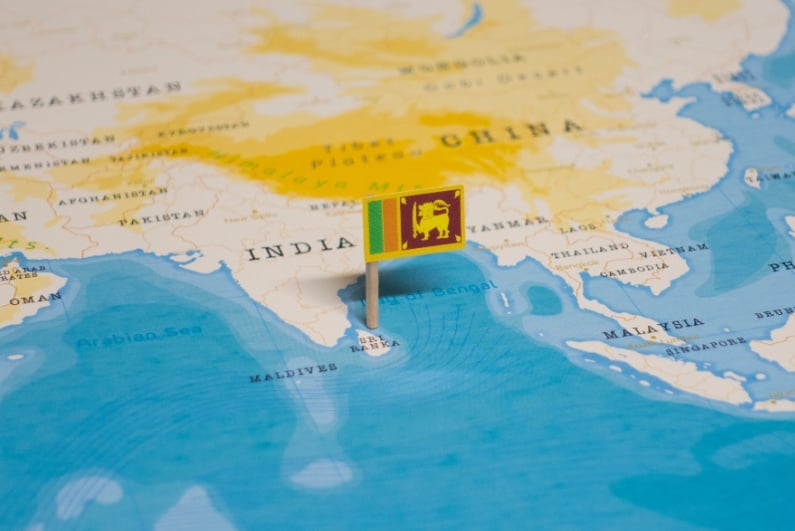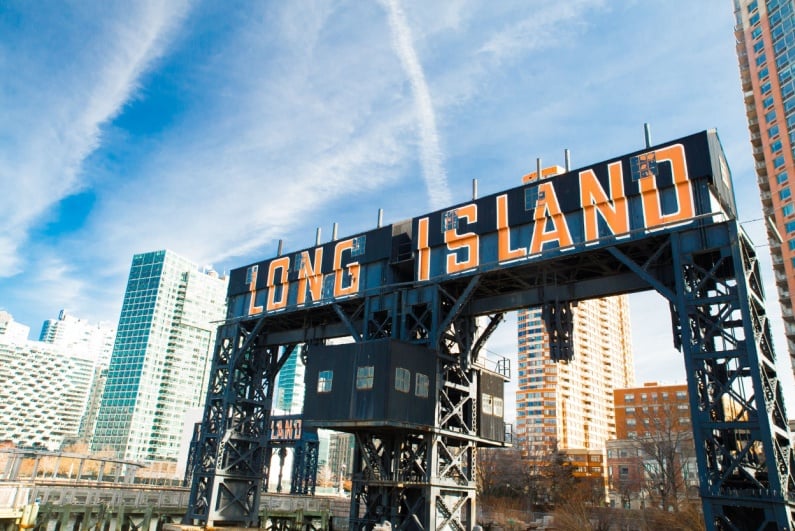Regulation in the cards
Sri Lanka has taken a major step towards gambling industry regulation in Asia’s oldest democracy.
bill to be tabled in parliament for debate and final approval
Earlier this week, the Sri Lankan Cabinet approved the publication of the draft for a Gambling Sports Regularisation Act in the government gazette, which allows the bill to be tabled in parliament for debate and final approval.
If Sri Lanka’s parliament gives the nod, the Act would usher in a new Gambling Regulation Authority responsible for licensing, oversight, and enforcement across multiple gambling verticals.
In his weekly post-Sri Lanka Cabinet meeting press briefing, Minister Dr. Nalinda Jayatissa revealed the long-awaited bill’s progress after it was approved by the Attorney General.
Cabinet Spokesperson Jayatissa told the media the sole-entity regulator would be an independent body with broad powers to oversee and regulate all gambling-related verticals in Sri Lanka, including offshore, onshore, and online activities.
Regulation means revenue
Minister Jayatissa stated the proposed national regulator would have a “broad mandate, covering areas such as offshore gambling sports on ships and in the Colombo Port City, online gambling platforms and offshore casinos.”
According to Sri Lanka’s national daily business newspaper, the big push towards streamlining gaming and betting laws comes “amid growing concerns around unregulated gaming and betting.”
Daily FT cited ongoing calls to successive governments by the Committee on Public Finance to fast-track a regulator in order to avoid “major loss of revenue to the State coffers.”
booming iGaming industry remains largely untouchable
The CoPF has stressed that despite the government receiving tax from retail casinos, the booming iGaming industry remains largely untouchable, and has demanded swift action to bring iCasino operators and activities under the financial oversight of a national regulator.
Broad mandate
According to the draft, the regulatory body would issue and renew operator licences, set and monitor technical, operational standards, and anti-money laundering, know-your-customer rules. The regulator would also oversee responsible play measures including wagering limits and self-exclusion registers.
Under its enforcement remit, the regulator can sanction inspections, impose administrative penalties, freeze or revoke licenses, and hear appeals against such decisions.
Act will supersede multiple older laws
According to reports, the Gambling Sports Regularisation Act will supersede multiple older laws and establish regulatory procedures for “both domestic and foreign operators seeking to serve Sri Lankan customers.”




